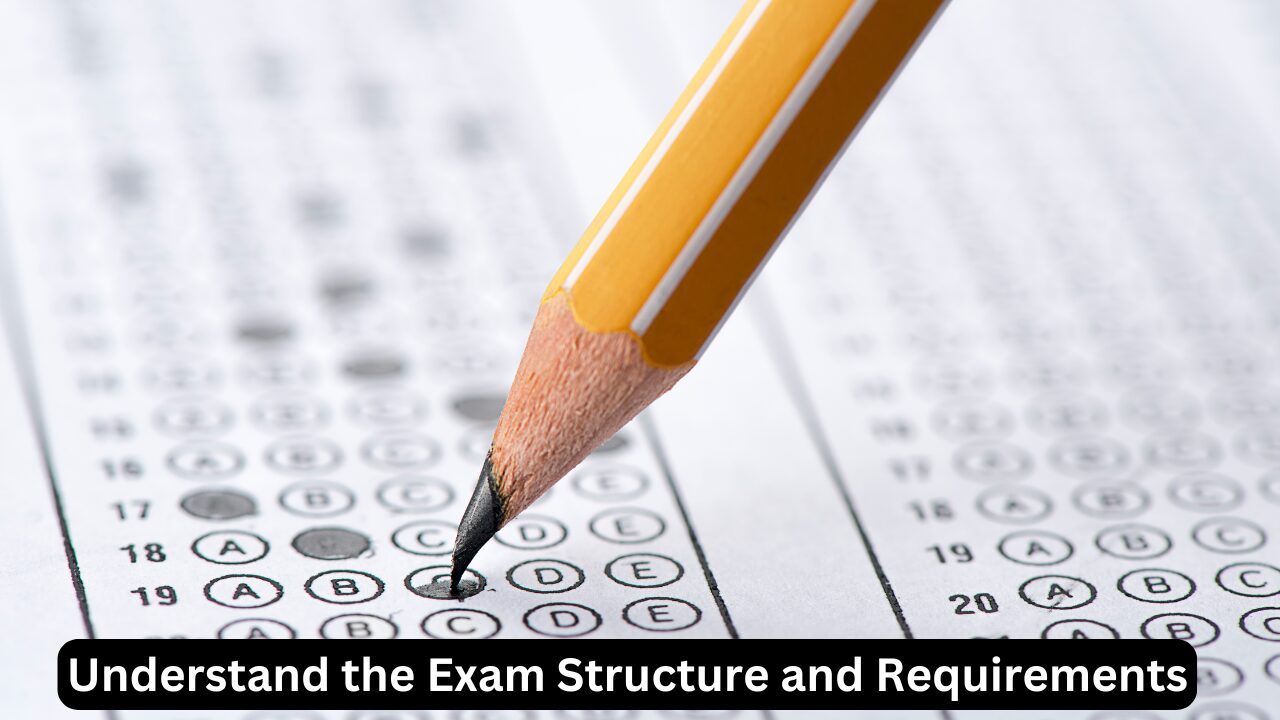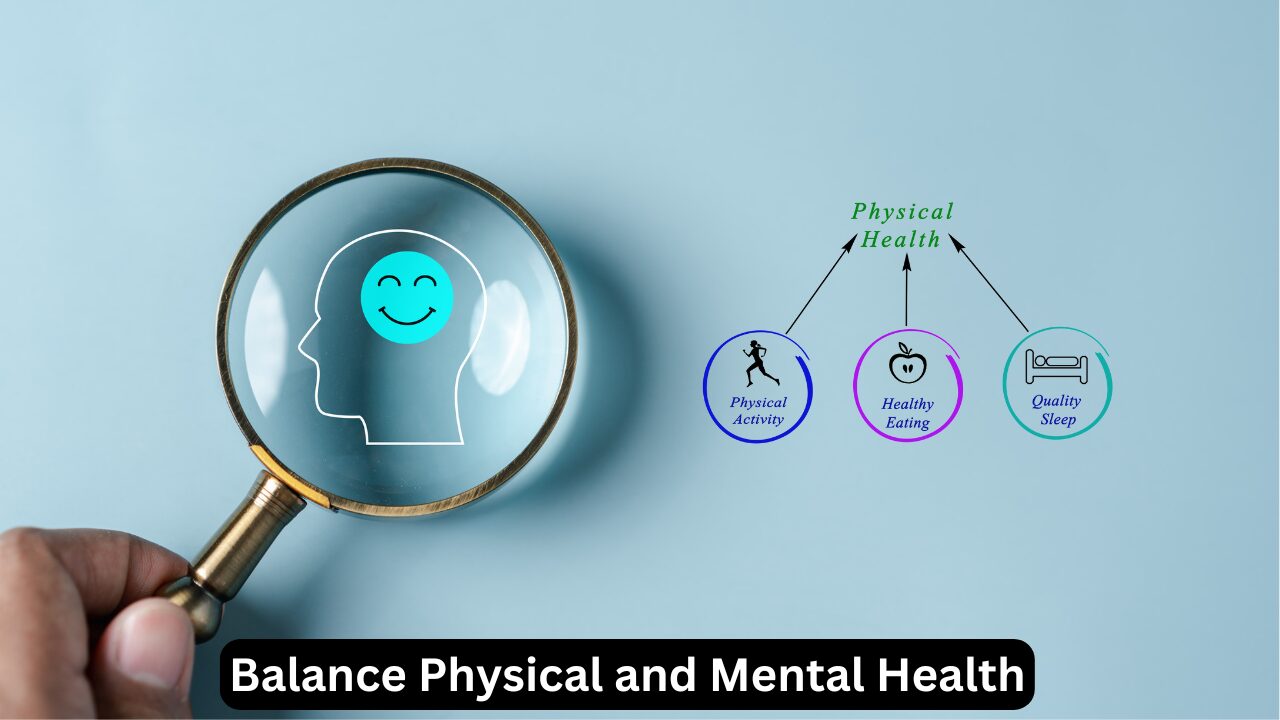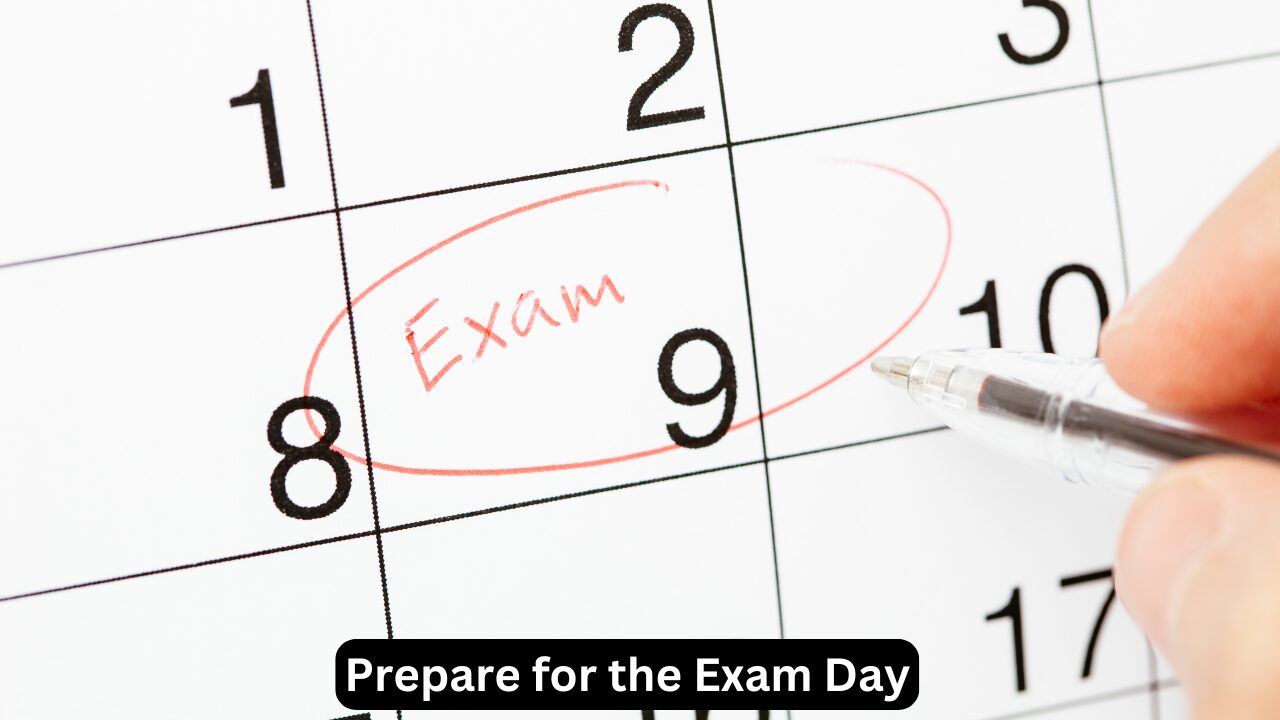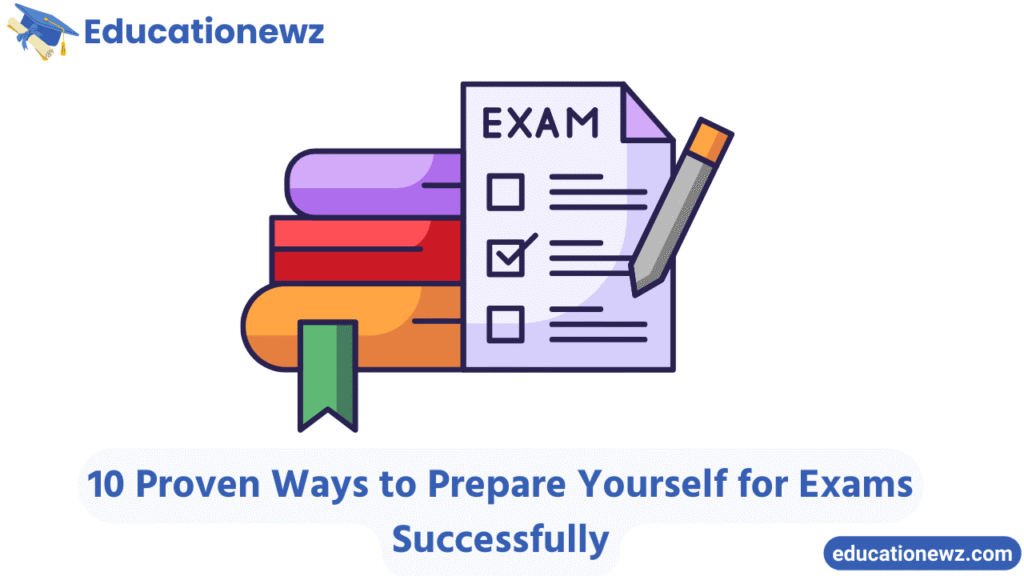To effectively prepare yourself for exams, understand the syllabus, create a study plan, practice consistently, and prioritize health and time management for focused and efficient learning.
Preparing for entrance exams can feel overwhelming, but with a strategic approach, you can turn this challenge into a stepping stone toward your goals. Entrance exams are gateways to academic and professional opportunities, and success often hinges on meticulous planning, consistent effort, and effective execution. This comprehensive guide outlines the best strategies to prepare yourself for exams while incorporating all the essential aspects to ensure clarity, engagement, and SEO optimization.
Entrance exams are pivotal milestones for students and professionals aiming to secure admission to their desired institutions or qualify for coveted certifications. The competition can be fierce, but the right preparation techniques can give you a significant edge. From understanding the syllabus to mastering time management, every step counts. This article will provide detailed insights into how to effectively prepare, manage your time, and optimize your efforts for success.
Why Preparation Is Very Essential Before Examination
Preparation is key to achieving success in any examination. To prepare yourself for exams, understanding the syllabus, identifying key topics, and planning your study schedule are essential. This preparation gives you the knowledge and confidence needed to approach the exam with clarity, minimizing confusion and stress. A structured study routine allows you to focus on areas that need improvement while reinforcing your strengths, which leads to better performance during the exam.
Additionally, preparing yourself for exams helps reduce anxiety by familiarizing you with the exam format, timing, and the level of difficulty. This familiarity allows you to manage your time wisely and avoid panic in high-pressure situations. By consistently following a preparation plan, you’ll not only perform well in exams but also develop valuable skills like discipline, focus, and resilience, which are vital for long-term academic and personal success. In the end, knowing how to prepare yourself for exams will lead to a more confident and strategic approach to achieving your goals.
Ways to Prepare Yourself for Exams Successfully
1. Understand the Exam Structure and Requirements

The foundation of effective preparation is knowing what you’re up against. Before diving into study sessions, take the time to fully understand the exam format, syllabus, and marking scheme.
Why This Step is Critical
- It eliminates ambiguity and helps you prioritize the most important topics.
- It ensures you align your preparation with the expectations of the examiners.
Action Plan
- Research the Syllabus: Break it into smaller sections to identify key areas of focus.
- Analyze the Exam Pattern: Understand how questions are distributed across sections.
- Marking Scheme: Note the weightage of topics to allocate time accordingly.
Pro Tip: Review sample papers and past questions to identify trends and recurring topics.
2. Create a Realistic and Detailed Study Plan
A structured study plan is your roadmap to success. Planning ensures you allocate sufficient time for every subject and helps you track progress.
Steps to Build a Study Plan
- Assess Your Strengths and Weaknesses: Dedicate more time to weaker areas.
- Set Specific Goals: Break the syllabus into daily, weekly, and monthly targets.
- Incorporate Regular Reviews: Schedule revisions to reinforce learning.
Sample Weekly Study Schedule
| Day | Subject/Topic | Focus Area | Time Slot |
|---|---|---|---|
| Monday | Mathematics | Algebra and Trigonometry | 2 Hours (Morning) |
| Tuesday | Science | Mechanics and Chemistry | 3 Hours (Afternoon) |
| Wednesday | General Knowledge | Current Affairs | 1 Hour (Evening) |
Pro Tip: Use tools like calendars or apps to stay organized and maintain discipline.
3. Adopt Effective Study Techniques
Traditional rote learning is no longer enough. Modern exams require critical thinking and application skills. Active learning methods can significantly enhance retention and understanding.
Recommended Study Techniques
- Pomodoro Technique: Study in focused intervals (e.g., 25 minutes) followed by short breaks.
- Mind Mapping: Visualize concepts to understand connections between topics.
- Self-Testing: Test yourself regularly using flashcards, quizzes, or practice papers.
Pro Tip: Study smarter, not harder. Focus on understanding concepts rather than memorizing them.
4. Practice Mock Tests Regularly
Mock tests simulate the actual exam environment and are invaluable for preparation. They help identify weak spots and build confidence.
How Mock Tests Help
- Improve time management by simulating real-time conditions.
- Highlight areas where you need improvement.
- Familiarize you with question formats and patterns.
Action Plan
- Start with section-wise tests to build confidence in specific areas.
- Gradually move to full-length timed mock exams.
- Analyze your performance to fine-tune your preparation strategy.
Pro Tip: Aim for at least one mock test per week in the final months leading up to the exam.
5. Balance Physical and Mental Health

Good health is essential for optimal performance. Neglecting your well-being can lead to stress, fatigue, and diminished productivity.
Physical Health Tips
- Diet: Incorporate brain-boosting foods like nuts, leafy greens, and omega-3-rich fish.
- Exercise: Engage in regular physical activities like walking, yoga, or light workouts.
- Sleep: Aim for 7-8 hours of quality sleep each night.
Mental Health Tips
- Practice mindfulness or meditation to reduce stress.
- Take breaks to relax and recharge.
- Avoid excessive screen time to prevent mental fatigue.
Pro Tip: Stay hydrated and avoid heavy, processed foods that can make you lethargic.
6. Develop Time Management Skills
Time management is crucial, both during preparation and on the exam day. Learning to prioritize tasks ensures you cover all essential areas without feeling rushed.
Strategies to Manage Time Effectively
- Use a timer to allocate specific durations for each topic or section.
- Break study sessions into smaller, manageable intervals.
- Prioritize high-weightage topics early in your preparation.
Pro Tip: On exam day, start with easier questions to build momentum before tackling tougher sections.
7. Minimize Distractions
A distraction-free environment is vital for productive study sessions. In today’s digital age, managing distractions is a skill in itself.
Tips to Stay Focused
- Designate a specific study area free of noise and interruptions.
- Use apps to block social media and notifications during study hours.
- Communicate your schedule to family or roommates to minimize disruptions.
Pro Tip: Keep your study space clean and clutter-free to maintain focus.
8. Review and Revise Regularly
Repetition is key to mastering any subject.
- Schedule revision sessions every week to reinforce what you’ve learned.
- Create summary notes or flashcards for quick reviews.
- Focus on weak areas identified through mock tests or self-assessments.
Pro Tip: Revise just before sleeping to improve memory retention.
9. Stay Positive and Motivated
Maintaining a positive mindset can make a significant difference.
- Set small, achievable goals and reward yourself upon completion.
- Visualize your success to stay motivated.
- Seek support from family, friends, or mentors when you feel overwhelmed.
Pro Tip: Avoid comparing your progress with others; focus on your personal growth.
10. Prepare for the Exam Day

Your preparation isn’t complete without planning for the big day. Small details can make a big difference in ensuring a smooth experience.
Checklist for Exam Day
- Materials: Gather all necessary items like ID cards, stationery, and admit cards.
- Location: Know the route to the exam center and plan to arrive early.
- Mindset: Stay calm, confident, and focused.
Pro Tip: Review your notes briefly, but don’t overdo it. Relaxation is key before the exam.
FAQs: Your Common Queries Answered
Q1: How many hours should I study daily for entrance exams?
It varies, but 4-6 focused hours per day is a good benchmark. The quality of study matters more than quantity.
Q2: What is the best way to remember what I study?
Use active learning techniques like self-testing, summarization, and teaching others.
Q3: How do I stay motivated during preparation?
Set achievable goals, celebrate small wins, and remind yourself of the bigger picture.
Q4: Can I prepare without coaching?
Absolutely! With self-discipline, online resources, and mock tests, you can prepare effectively.
Q5: What should I do if I feel stressed?
Take breaks, practice relaxation techniques, and talk to a friend or mentor for support.
Conclusion
Facing entrance exams can feel overwhelming, but with the right approach, you can conquer any challenge. By taking the time to prepare yourself for exams, you set yourself up for success. Understanding the exam format, adhering to a structured study plan, and utilizing effective study strategies are all key components of this preparation. Alongside this, maintaining your health and staying motivated will ensure you perform at your best. The journey might be tough, but remember that consistent effort will always pay off. So, prepare yourself for exams today, stay confident, and approach the challenge with determination. The future is yours to shape! Please follow our blog Educationewz.



